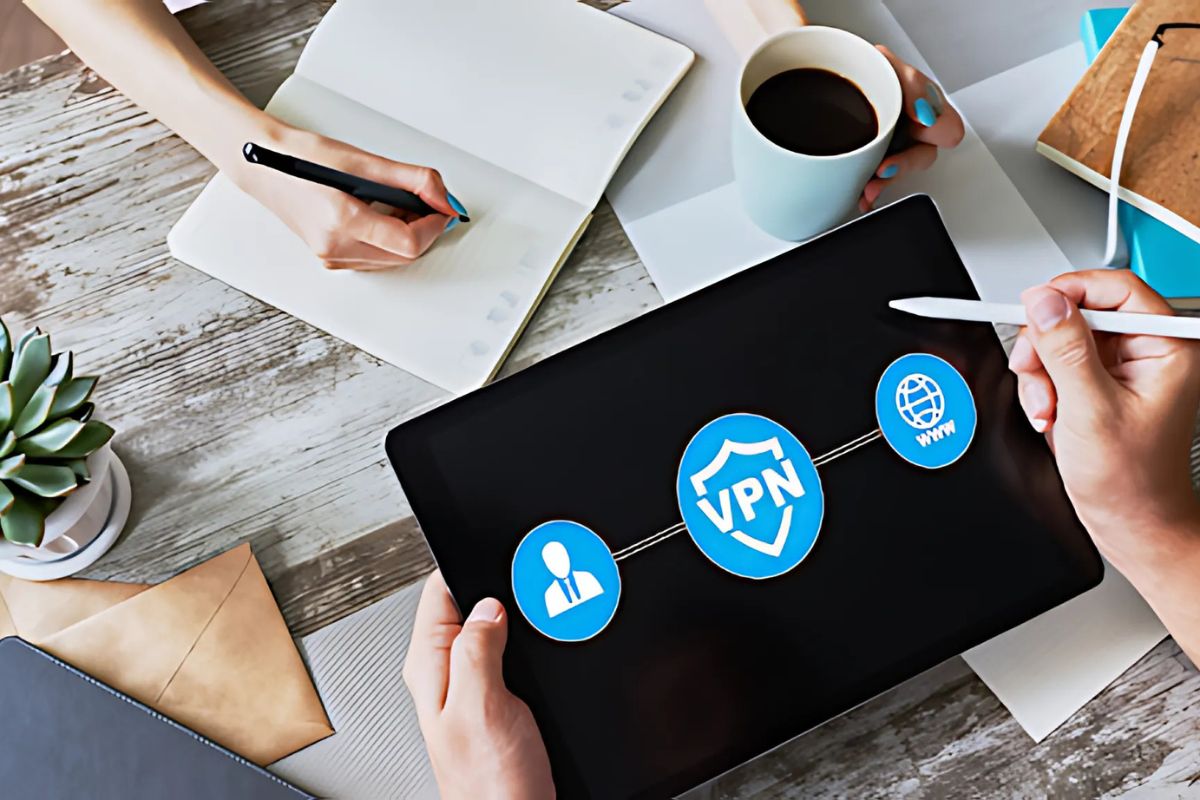


Modern life revolves on far-off employment and international travel, so safeguarding one’s online activities and securely accessing resources has become rather important in the digital age. VPNs—virtual private networks—have become a must-have tool since one’s online privacy, data security, and perfect connectivity are kept. Throughout this article, learn exactly how VPNs are configured to support remote work while traveling and, therefore, have become irreplaceable for any user who surfs through the puzzles of a connected world.
Table of Contents
TogglePlanet VPN offers a 100% free service with no traffic, bandwidth, or time limits. Maintaining your privacy and security online, enjoy free access to your preferred websites, streaming services, and social media channels. compatible with all main systems including Windows, macOS, Android, iOS, and popular browsers. Not needed any registration; just install and connect.
Although remote work gives efficiency and freedom, both personally and organisationally there are cybersecurity concerns. VPNs greatly help to solve some of these issues in significant ways:
VPNs restrict internet connections using advanced encryption so that even crucial corporate communication or financial data can not find any way to reach any cybercriminal. This especially holds true when handling intellectual property or information deemed private.
Most companies use VPNs to give remote employees top-notch security access. Using a private, encrypted tunnel into their network, staff members can access internal systems, databases, and applications much as they would be onsite with the business.
Public Wi-Fi may be convenient, but it is highly insecure. A VPN keeps you secure over such networks, protecting even your e-mails, files, and login credentials from probable hackers.
Both in business and pleasure, there are unique challenges related to staying connected online securely on the go. Key points that make VPNs interesting for travelers are:
It also blocks geo-restricted sites, services of streaming, or even very important tools, including online banking. The use of a VPN provides ways to get around these, letting users select a server in their home country as if they had never left.
Although it is dangerous as the networks are not trustworthy, financial services are available elsewhere. VPNs guarantee well-encrypted banking and payment transactions, therefore shielding them from fraud and unwanted access.
Shared internet connections lacking privacy abound in hotels, airports, and conference venues. You can safely browse, email, or work even in these high-risk settings with VPN.
Apart from security, VPNs provide a degree of privacy that is now quite important in the digital terrain of today, which is heavy in surveillance:
They stop websites, advertisers—even governments—from tracking your activities online by hiding your IP address.
Most web sites gather user information, which they then sell for different kinds of income via focused advertising. By encrypting your connection and disguising your surfing behaviour, a VPN restricts the data gathering about you.
Choosing the correct VPN provider will enable you to maximise the several advantages a VPN can supply given so much options. The following are important considerations:
Best Practices to Make Full Use of Your VPN:
Also read: mPokket App
VPNs and the Global Connected World From today’s vantage point, then, VPNs are not a matter of choice but rather a need for frequent travellers as well as for those working from home. VPNs maintain one abreast of a safe and unimpeded travel in the virtual world by providing access to safe connections, protection of sensitive information, and freedom regarding access to material.
A VPN will be your friend whether your work from home, go to virtual meetings from an airport lounge, or go to other countries. Invest in a decent one right now to release the freedom, security, and privacy it promises for your internet existence.

